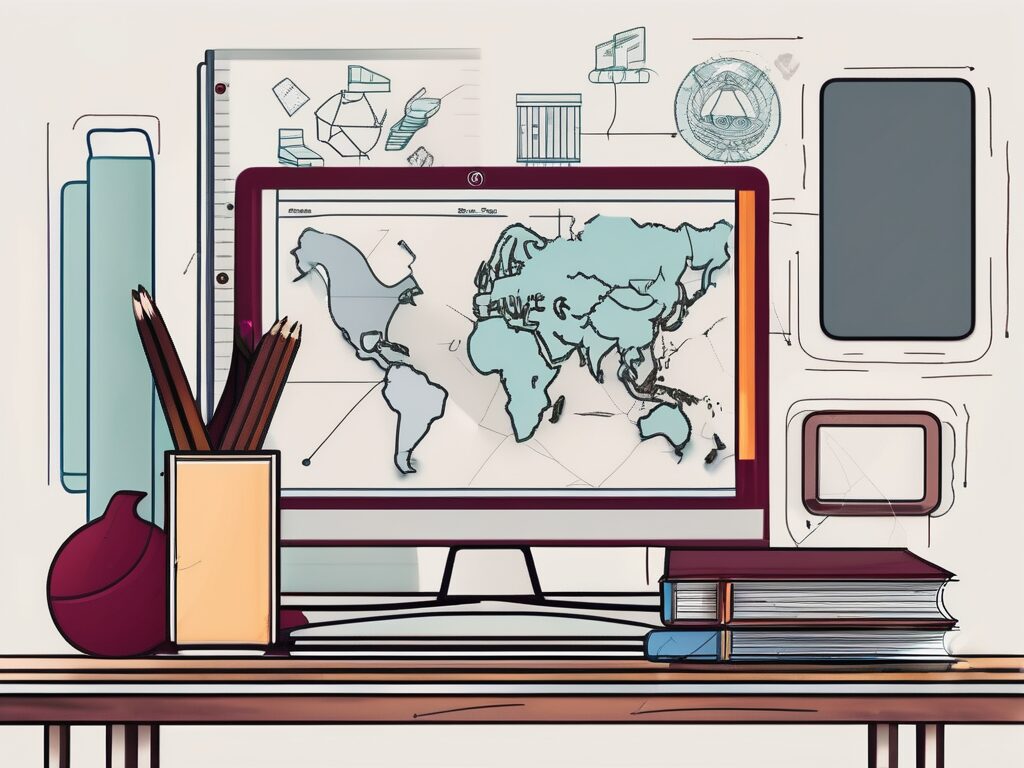In the realm of international education, the implementation of an International Qualifications and Training Standards (IQTS) system can present a unique set of challenges. These challenges can vary greatly depending on the cultural, economic, and educational context of the country in question. In this in-depth exploration, we’ll delve into the teaching challenges associated with an IQTS in two distinct countries: Thailand and Qatar. We’ll draw four key comparisons to highlight the differences and similarities in these two unique educational landscapes.
1. Cultural Differences and Teaching Styles
Thailand
In Thailand, the cultural emphasis on respect for authority and hierarchy can influence teaching styles within an IQTS framework. Thai students are often accustomed to a teacher-centred approach, where the teacher is viewed as the primary source of knowledge. This can pose a challenge when implementing an IQTS, which often encourages a more student-centred, interactive approach to learning.
Furthermore, the Thai concept of ‘kreng jai’, which roughly translates to ‘consideration’, can also impact classroom dynamics. Students may be hesitant to ask questions or challenge ideas for fear of causing discomfort or embarrassment. This can make it difficult to foster the kind of open, critical thinking that an IQTS often promotes.
Qatar
On the other hand, in Qatar, the cultural context is quite different. Qatari society is deeply rooted in Islamic traditions, which can influence teaching and learning styles. For instance, segregation of genders in classrooms is a common practice, which can pose logistical challenges when implementing an IQTS.
Moreover, Qatari students are often used to rote learning, where memorisation is prioritised over understanding or critical thinking. This can clash with the IQTS’s emphasis on practical skills and application of knowledge, necessitating significant adjustments in teaching methods.
2. Economic Factors and Resource Availability
Thailand
In Thailand, economic factors can greatly impact the implementation of an IQTS. Many schools, particularly in rural areas, may lack the necessary resources to fully implement an IQTS. This includes both physical resources, such as textbooks and technology, and human resources, such as trained teachers.
Furthermore, economic disparities between urban and rural areas can exacerbate these challenges. Schools in wealthier urban areas may have an easier time implementing an IQTS, while those in poorer rural areas may struggle. This can lead to uneven educational outcomes across the country.
Qatar
Conversely, in Qatar, one of the wealthiest countries in the world, resource availability is less of a concern. Schools are generally well-equipped with the necessary resources to implement an IQTS. However, this doesn’t mean the process is without challenges.
For instance, despite the abundance of resources, there may be a lack of trained teachers who are familiar with the IQTS. This can pose a significant challenge, as effective implementation of an IQTS requires not just resources, but also skilled educators who understand the system.
3. Language Barriers
Thailand
Language barriers can be a significant challenge in implementing an IQTS in Thailand. English proficiency levels in Thailand are generally low, particularly in rural areas. This can make it difficult for students to engage with IQTS materials, which are often in English.
Moreover, Thai teachers may also struggle with English proficiency, making it difficult for them to effectively teach the IQTS curriculum. This can further hinder students’ understanding and engagement with the material.
Qatar
In Qatar, English is widely spoken and is the medium of instruction in many schools. This can facilitate the implementation of an IQTS, as students and teachers are likely to have a good grasp of English.
However, it’s important to note that Arabic is the first language for many Qatari students. Therefore, while English proficiency may be high, there may still be challenges in understanding complex concepts or nuances in the IQTS curriculum.
4. Educational Policies and Government Support
Thailand
In Thailand, government support for the implementation of an IQTS can be inconsistent. While there are policies in place to promote international standards in education, the actual implementation of these policies can be patchy, particularly in rural areas.
Moreover, frequent changes in educational policies can create instability and uncertainty, making it difficult for schools to consistently implement an IQTS.
Qatar
Qatar, on the other hand, has made significant strides in reforming its education system in line with international standards. The government has invested heavily in education, including the implementation of an IQTS.
However, while government support can facilitate the implementation of an IQTS, it can also create pressure on schools and teachers to meet these standards. This can lead to a focus on achieving targets, rather than on the quality of education.
In conclusion, while both Thailand and Qatar face unique challenges in implementing an IQTS, they also share common issues such as cultural differences, language barriers, and the need for skilled educators. Understanding these challenges can provide valuable insights for educators and policymakers working to implement an IQTS in these and other countries.
Advance Your Teaching Career with iQTS at UWE
Understanding the challenges of implementing an IQTS in diverse educational environments is just the beginning. If you’re an educator looking to overcome barriers to qualification, enhance your career progression, connect with a global professional community, and gain a comprehensive understanding of international curricula, The IQTS at UWE is here to support you. Our International Qualified Teacher Status (iQTS) Programme is specifically designed to address these needs, offering a flexible, online Level 7 qualification that fits around your existing commitments. Don’t be part of the 80% who fall short of international school standards. Make Your Next Step with the iQTS at UWE and join the educators who are advancing their careers and expanding their professional horizons.

